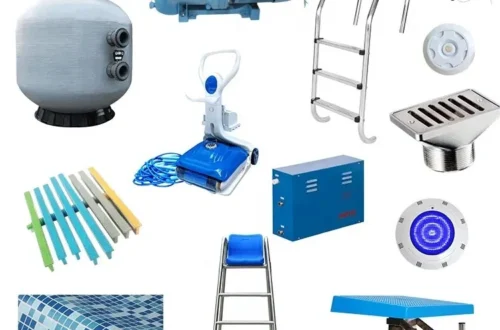Alloy 925 UNS N09925: Properties, Applications, and Benefits
Alloy 925 UNS N09925: Properties, Applications, and Benefits
Alloy 925 UNS N09925 is a nickel-iron-chromium superalloy strengthened by additions of titanium and aluminum. It offers exceptional resistance to corrosion, stress-corrosion cracking, and high temperatures, making it a versatile material for demanding environments.
Key Mechanical Properties
The alloy provides high strength and excellent toughness over a wide temperature range. Its yield strength and tensile strength remain stable even under extreme conditions, ensuring long-term reliability in critical applications.
Corrosion Resistance Performance
Alloy 925 demonstrates outstanding resistance to various corrosive media, including acidic and alkaline solutions. Its composition prevents pitting and crevice corrosion, making it ideal for harsh chemical processing environments.
Industrial Applications
This superalloy serves multiple industries due to its unique combination of properties. From oil and gas to aerospace, its applications continue to expand.
Oil and Gas Equipment
In the energy sector, Alloy 925 UNS N09925 is widely used for downhole components, valves, and fasteners. Its resistance to sulfide stress cracking makes it perfect for sour gas environments.
Chemical Processing Systems
The material’s corrosion resistance makes it suitable for reactors, heat exchangers, and piping systems handling aggressive chemicals at elevated temperatures.
Material Advantages
Choosing this alloy brings numerous benefits to engineering projects and manufacturing processes.
Cost-Effective Solution
Despite its superior properties, Alloy 925 UNS N09925 offers excellent value through extended service life and reduced maintenance requirements.
Manufacturing Flexibility
The alloy can be readily fabricated using conventional methods, including welding and machining, allowing for complex component designs.
Frequently Asked Questions
What makes Alloy 925 different from other nickel alloys?
Alloy 925 combines excellent corrosion resistance with age-hardening capabilities, providing superior strength compared to many alternative materials.
Can Alloy 925 withstand high-temperature applications?
Yes, it maintains mechanical properties and corrosion resistance at temperatures up to 550°C (1022°F), making it suitable for various high-temperature processes.
Is this alloy suitable for marine environments?
Absolutely. Its resistance to seawater corrosion and biofouling makes it an excellent choice for marine and offshore applications.
Get Expert Material Solutions
Ready to enhance your project with premium materials? Contact our technical team today for personalized recommendations and pricing information. Let us help you select the perfect alloy for your specific requirements and operational conditions.

